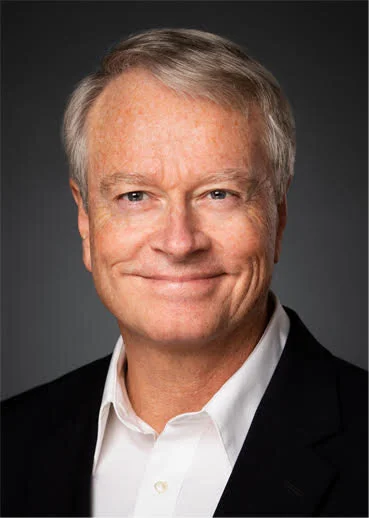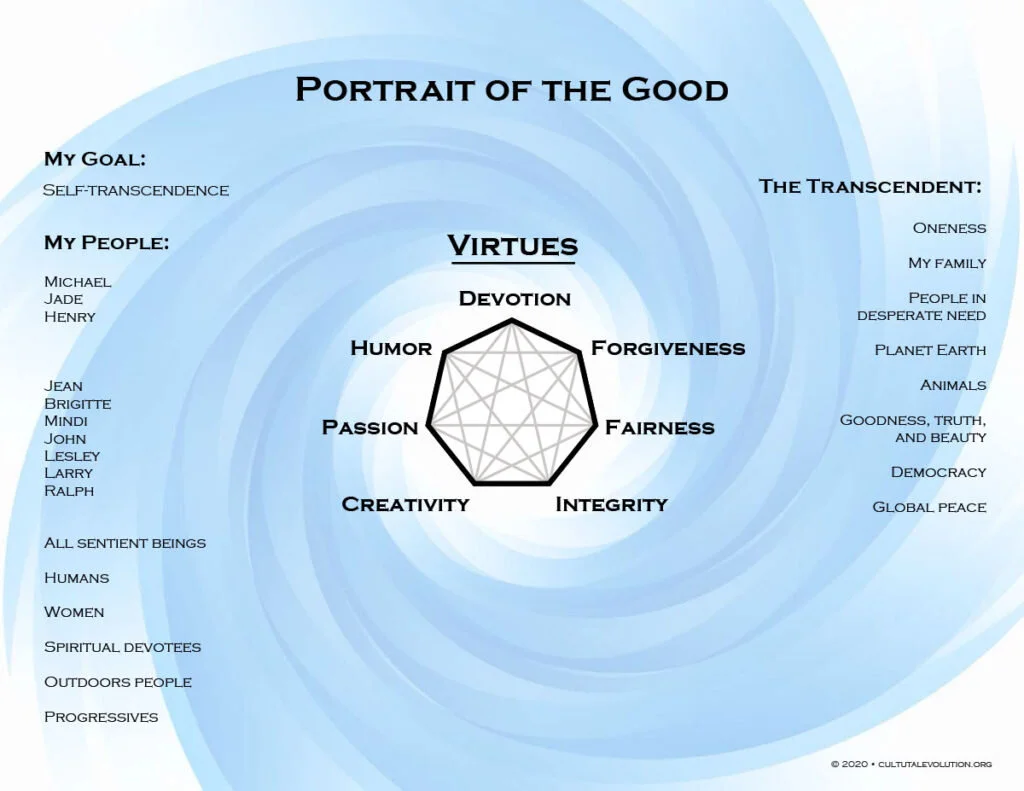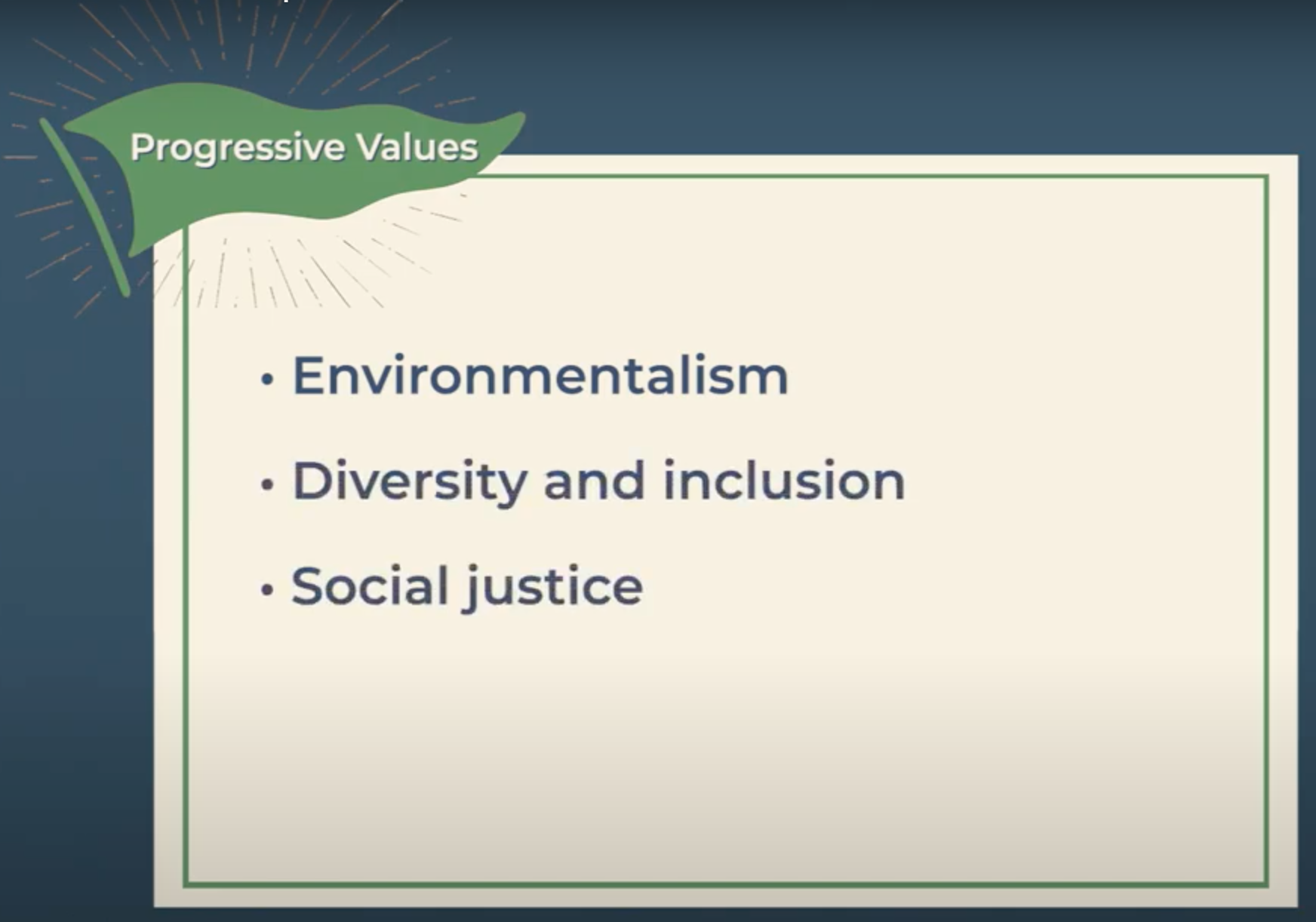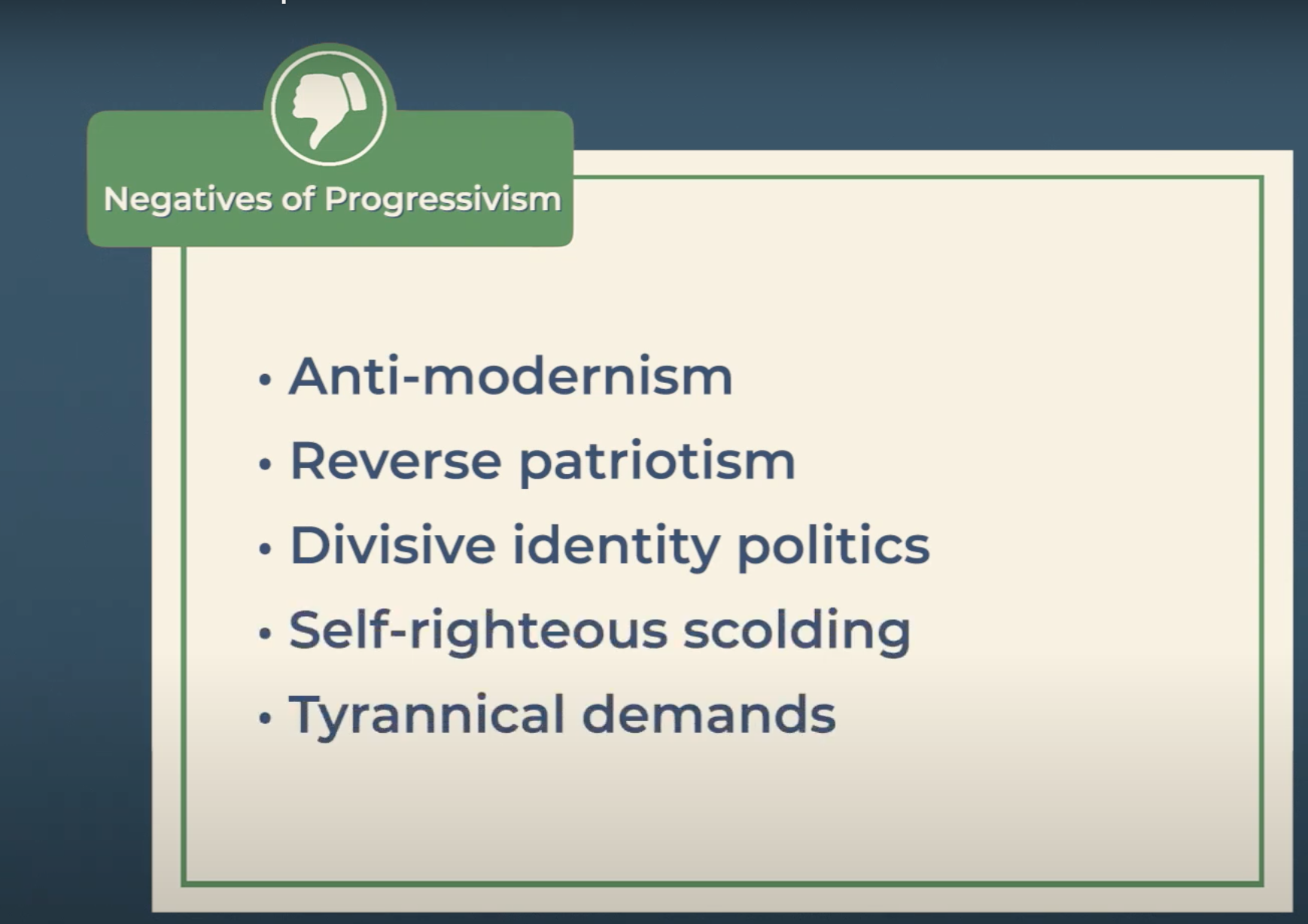"Evolving Democracy with Cultural Intelligence" with Steve McIntosh
Steve McIntosh is a political philosopher and an author. His most recent book is called Developmental Politics: How America Can Grow into a Better Version of Itself. Steve is the founder of the think tank Institute for Cultural Evolution.
This is Steve's second time on Fractal Friends, the last conversation was in the summer of 2016, before that big election. We called that conversation "Transcending Political Polarization." In this conversation, recorded in the summer of 2020 (another election year) we talk about:
The cultural challenges of current U.S. Politics and the potential for finding a cultural solution. To that end, we talk about the idea of cultural intelligence, the ability to see and understand a range of world views, and being able to see the positive and negative qualities of each, including our own
We get deep into the nature of polarization and how polarity theory can help us turn our tensions into generative progress. And we talk about the importance of developing our own selves and our own sense of virtues as part of the creation of the world we want to live in.
We talk about the rise of a new political worldview that Steve is calling "post-progressivism" that aims to integrate the existing spectrum of political perspectives, and bring forward the best of all of them.
Developmental Politics, Cultural Intelligence & Post-Progressivism
This content is from Steve McIntosh and is based on his newest book: Developmental Politics: How America Can Grow into a Better Version of Itself.
The Four-Point Thesis of the book:
The only way to overcome cultural and political hyperpolarization is to grow out of it by becoming a more mature society. Polarization is pressing us to evolve, or face further regression.
The growth we need can be achieved by increasing our collective cultural intelligence, which involves the practice of appreciating and affirming the values of the worldviews we oppose.
Affirming the values of America’s three major worldviews—modernism, traditionalism, and progressivism—entails continuously distinguishing the positives from the negatives of each worldview.
As we come to see how these three major worldviews are interdependent parts of our overall cultural ecosystem, this restores our faith in progress and points to a new American Dream of cultivating cultural evolution on every front of its development.
15 New Ideas from Developmental Politics: a list of new (or partially new) ideas from Developmental Politics in order of their appearance in the book. (read more)
Videos:
Article:
“Towards a Post-Progressive Political Perspective” by Steve McIntosh in Aero Magazine.
Audio:
These episode of The Daily Evolver podcast are examples of post-progressive thinking:
“The Emergence of Post-Progressive Political Thought” with Steve McIntosh
“Toward a Post-Progressive View of Race Relations - How George Floyd’s murder is growing-up America”
Other Steve McIntosh Resources
Steve on Fractal Friends: "Transcending Political Polarization" with Steve McIntosh (Summer 2016)
Articles:
Books:
Support Fractal Friends:
Steve McIntosh: how Americans can overcome hyper-partisanship in 5 minutes.
Steve McIntosh simplifies his new book: "Developmental Politics-How America Can Grow Into a Better Version of Itself."
What's your worldview?
Take this 7-minute Worldview Questionnaire to find out.
What is good?
Create Your Personal Portrait of the Good
(A character development exercise)
Other Resources
An Introduction to Integral Theory
The Daily Evolver. A podcast hosted by Jeff Salzman taking “A Post-Progressive Look at Politics and Culture.
Learn more about Integral Theory with this introduction video (right).
Related Fractal Friends episodes:
"Transforming Conflict and Co-Creating the Future of Democracy" with Kenneth Cloke
"The Emergence of Wise Democracy" with Tom Atlee
"Relating Deeply and Facing Reality" with Ashok Panikkar
The Following is a breakdown of the dignities and disasters of the three dominant worldviews.*
Learn about your worldview by taking this quiz.
Learn more about these worldviews through the lens of integral philosophy and spiral dynamics: Traditionalism (Blue), Modernism (Orange), Progressivism (Green) & Post-Progressivism (Yellow)
*The following images are from this video by Steve McIntosh: “Developmental Politics Simplified in 5-Minutes”
Traditionalism
President Trump's Speech at Mount Rushmore (July 4, 2020)
An example of the the stoking of culture wars
Modernism
Progressivism
The culture wars…
“How Can We Win?” Kimberly Jones (co-author of I'm not Dying with You Tonight) - David Jones Media (May 31, 2020)
Music
Steve requested that I play something from Ludwig von Beethoven. On the episode I played the first movement of “Sonata No.31 in A-flat major, Opus 110” played by the Swiss pianist Julia Froschhammer.
This song was provided as a free download from Piano Society, which offers recordings from thousands of classical artists.
On the page with Beethoven's piano sonatas they have a quote from him,
"Whoever gets to know and understand my music, will be freed from all the misery that drags down others."
- Ludwig von Beethoven











